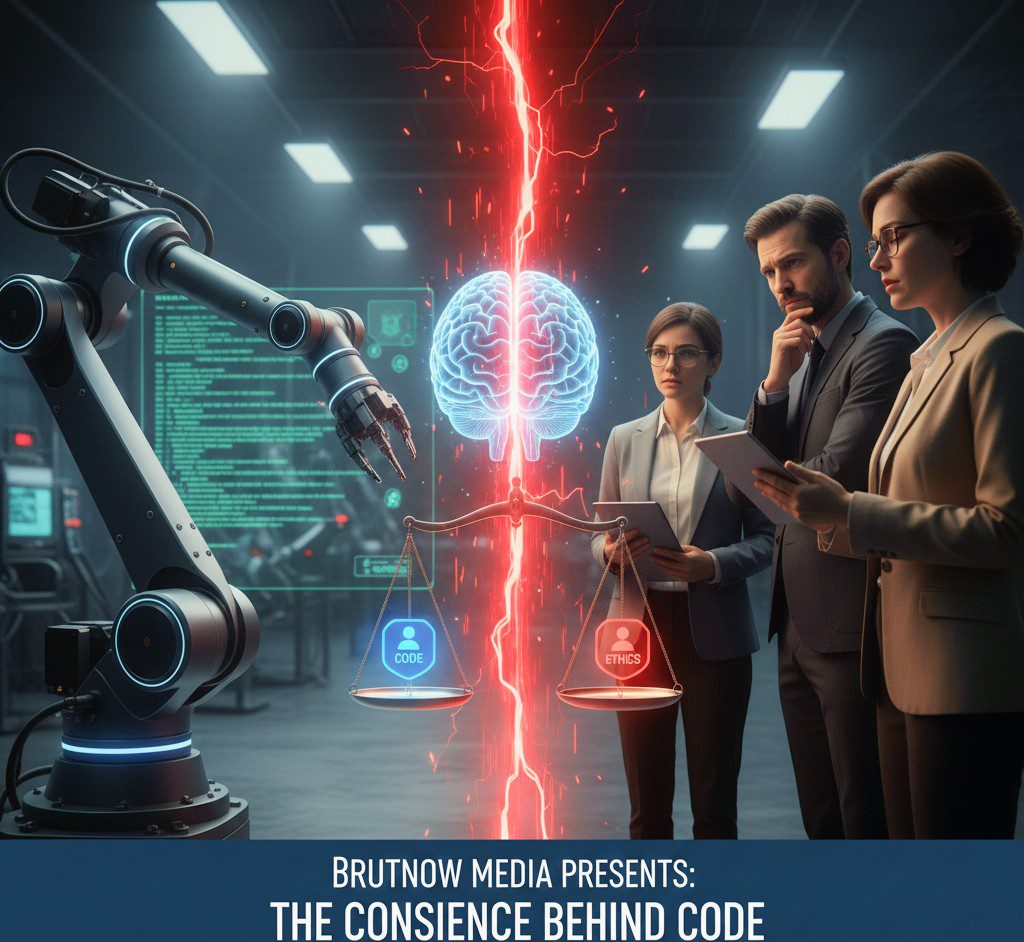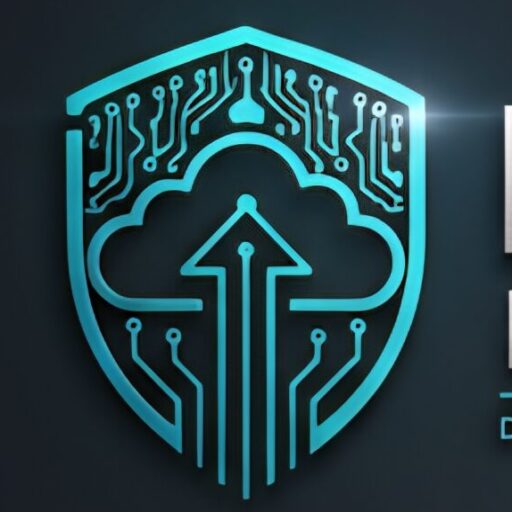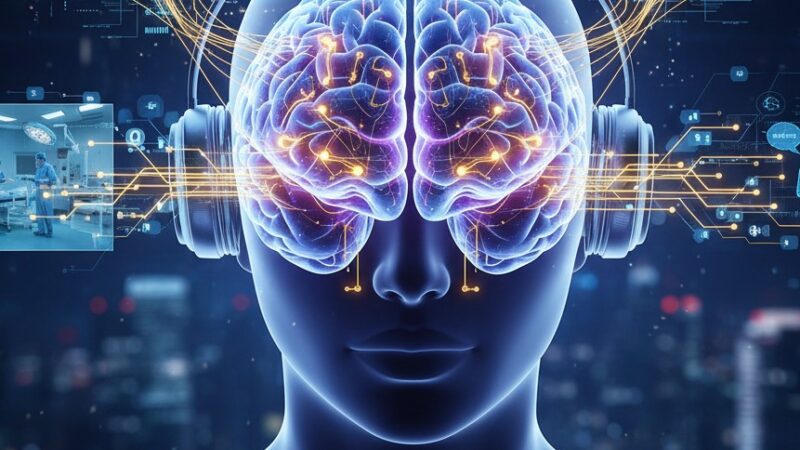From Code to Conscience: Ethics in the Era of Autonomous Innovation

By Brutnow Team |Brutnow Media | Technology & Innovation Desk
As machines become more intelligent, the line between human judgment and artificial decision-making grows increasingly blurred. From self-driving cars to AI-powered healthcare systems, autonomous innovation is reshaping industries — and forcing society to confront a crucial question: Can technology be truly ethical without a conscience?
The Rise of Autonomous Systems
Over the past decade, artificial intelligence and automation have moved from the lab to daily life. Cars navigate traffic without drivers, algorithms diagnose diseases, and robots now make critical operational decisions in factories and finance.
Yet, as autonomy increases, so does accountability ambiguity — when something goes wrong, who is responsible? The coder, the company, or the machine?
When Algorithms Make Moral Choices
The ethical dilemma becomes most visible in high-stakes scenarios. Consider autonomous vehicles that must make split-second life-and-death decisions or AI surveillance tools that may inadvertently violate privacy. These technologies operate using complex data-driven models, but lack moral reasoning — they follow logic, not empathy.
This gap between code and conscience underscores the urgent need for ethical AI governance — frameworks that ensure technology aligns with human values, fairness, and transparency.
Building Ethics into Innovation
Leading organizations and governments are now establishing AI ethics boards, creating bias detection systems, and adopting global standards like EU’s AI Act and UNESCO’s AI Ethics Framework. The focus is shifting from “what can we automate?” to “what should we automate?”
Tech leaders are urged to integrate ethics-by-design — embedding fairness, privacy, and accountability at every stage of development, rather than treating them as afterthoughts.
The Human Element in a Machine World
While automation enhances efficiency, it also risks dehumanization. Ethical innovation means preserving human agency — ensuring people remain in control of decisions that affect their lives. The future of technology must therefore be human-centered, blending computational intelligence with compassion and responsibility.
As AI becomes our collaborator rather than just a tool, the conscience guiding its actions must come from us.
The Road Ahead
The next wave of innovation will not be defined by how smart machines become, but by how responsibly we use them. In this new era of autonomous innovation, the true measure of progress lies not in what technology can do — but in what it should do.




